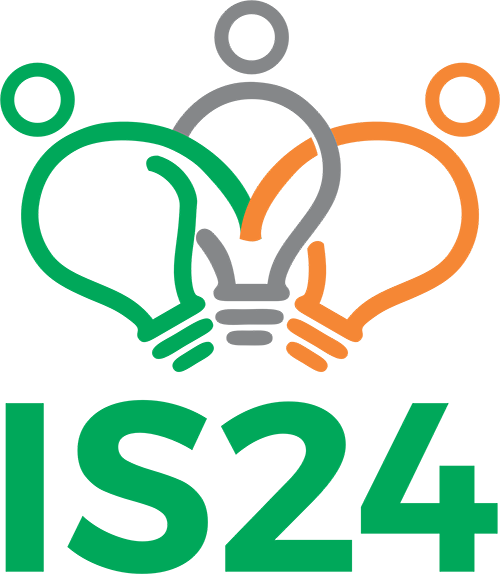The past few years have completely reshaped the way businesses operate — from how we work, buy, and sell, to how we think about risk and opportunity. What some first called a “temporary shift” has settled into the new normal: a world where change is constant and adaptability is critical.
In Nigeria and across Africa, this new normal has opened unexpected doors for small and medium-sized enterprises (SMEs) and micro, small, and medium-sized enterprises (MSMEs). And if early signs are anything to go by, the sector is only set to get stronger in the coming years.
The new normal: Digital, local, and resilient
COVID-19, economic shifts, and technology have changed the game forever. Today:
- Customers expect digital access: online payments, social media presence, doorstep delivery.
- Buying Nigerian is no longer just patriotism; it’s often faster and cheaper.
- Businesses have had to get creative — from WhatsApp marketing to cashless POS and e-commerce.
Many SMEs and MSMEs that embraced these changes early survived and even thrived, while those who waited for “normal” to return got left behind.
Why the sector is booming
1️⃣ Digital transformation made easier
Platforms like Paystack, Flutterwave, and Quickteller have made it simple for even the smallest business to collect payments online.
2️⃣ Access to affordable tools
You no longer need a big budget to sell online: Instagram shops, WhatsApp Business, and even free design tools like Canva have lowered the entry barrier.
3️⃣ Youth-driven innovation
Nigeria’s large youth population is turning problems into products — from fashion brands to food delivery and tech-enabled services.
4️⃣ Government and private sector interest
Programs like the SMEDAN support fund, Bank of Industry loans, and private incubators are focusing more on MSMEs.
What to expect in the coming years
✅ More digital-first SMEs
Businesses will be “born online”, skipping traditional shops and going straight to social media, e-commerce and even VR showrooms.
✅ AI-powered operations
From customer service bots to inventory management, affordable AI tools will help MSMEs operate smarter, not just harder.
✅ Local manufacturing revival
High import costs and naira fluctuations will push more entrepreneurs to produce locally — especially in fashion, cosmetics, and food.
✅ Niche markets and personalization
Small businesses can succeed by being highly specialised: vegan snacks, custom-made clothes, or neighbourhood logistics.
✅ Cross-border trade
With the African Continental Free Trade Area (AfCFTA), more SMEs will explore selling to neighbouring countries.
The mindset shift: Embrace, don’t resist
The real new normal isn’t just about technology or funding. It’s about mindset:
- Being willing to test new ideas quickly.
- Accepting that markets shift and what worked last year might not work tomorrow.
- Seeing change not as a threat but as a fresh opportunity.
As Nigerian SMEs and MSMEs embrace this mindset, they won’t just survive — they’ll shape the future economy.
In summary
We’re witnessing a golden moment for small businesses. The tools, demand, and environment have aligned like never before. The entrepreneurs who stay curious, digital, and customer-focused will set the pace in the coming years.The new normal isn’t waiting for things to “go back”; it’s building forward — smarter, leaner, and more connected than ever.




0 Comments